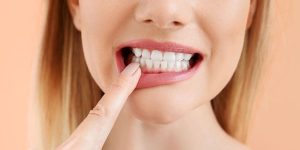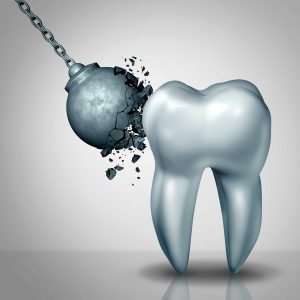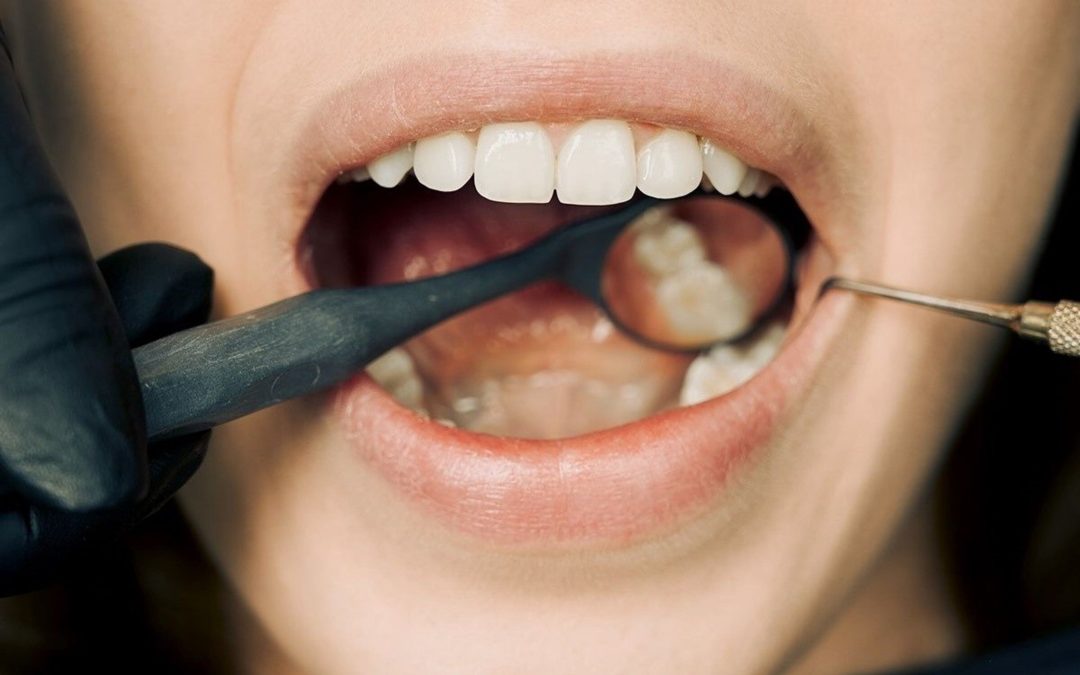What is Tooth Enamel?
The human tooth is a remarkable structure, with various components working harmoniously to support its function in biting, tearing, and grinding food. At the forefront of this dental symphony is tooth enamel, the outermost layer covering the crown. Tooth enamel is a translucent, hard, and mineralized substance that acts as a protective shield for the underlying layers of the tooth.
Enamel is unique because it is the hardest tissue in the human body, even tougher than bone. Its primary purpose is to safeguard the teeth’ delicate tissues, such as dentin and pulp, from the wear and tear associated with chewing and other oral activities.

What is Tooth Enamel Made Up Of?
Understanding the composition of tooth enamel provides insights into its remarkable strength. Enamel is primarily made up of minerals, with hydroxyapatite being the main component. Hydroxyapatite is a crystalline structure composed of calcium and phosphate, creating a robust and durable matrix.
In addition to minerals, tooth enamel contains water and organic matter. These elements contribute to enamel’s overall resilience and flexibility, allowing it to withstand the forces exerted during biting and chewing.
However, enamel is not a living tissue, meaning it cannot regenerate or repair itself. Once it is damaged, the body cannot produce new enamel to replace what has been lost. This makes the preservation of existing enamel crucial for maintaining good oral health.
Functions of Tooth Enamel
The primary function of tooth enamel is to protect the underlying tooth structure from mechanical and chemical damage. When you bite into food or chew, the enamel absorbs the force and prevents it from reaching the sensitive inner layers of the tooth. This protective barrier is essential for maintaining the overall health and integrity of the tooth.
Enamel also plays a crucial role in maintaining the aesthetics of our smiles. Its translucent nature allows the color of the underlying dentin to show through, giving teeth their characteristic white appearance. This transparency is vital for the visual appeal of our teeth, contributing to a healthy and vibrant smile.
Is Tooth Enamel Acidic or Basic?
Maintaining the proper pH balance in the mouth is essential for preserving tooth enamel. The enamel is inherently basic, with a pH of 7.6 to 9.0. However, the oral environment can become acidic due to factors such as the consumption of acidic foods and beverages, poor oral hygiene, or certain medical conditions.
Acidic conditions can lead to enamel erosion, a process where the mineral content of the enamel is gradually dissolved. This weakens the enamel, making it more susceptible to damage and decay. To counteract this, it is crucial to adopt habits that promote a balanced pH in the mouth and minimize exposure to acidic substances.
What is the Lifespan of Tooth Enamel?
Unlike other tissues in the body, tooth enamel does not have the ability to regenerate or repair itself. This makes it imperative to take proactive steps to preserve enamel throughout one’s life. The lifespan of tooth enamel is influenced by various factors, including genetics, oral hygiene practices, diet, and lifestyle.
Enamel can start to wear down over time, especially with the natural aging process and the cumulative effects of daily wear and tear. Additionally, factors such as teeth grinding (bruxism), acidic food and drinks, and poor oral hygiene can accelerate enamel erosion. While enamel does not have a predetermined expiration date, its lifespan can be significantly extended with proper care and maintenance.

Dental Care Tips for Promoting Strong and Healthy Tooth Enamel
- Maintain Good Oral Hygiene: Brush your teeth at least twice a day with fluoride toothpaste and use dental floss to clean between your teeth. This helps remove plaque, preventing the buildup of harmful bacteria that can contribute to enamel erosion.
- Watch Your Diet: Limit the consumption of acidic foods and beverages, such as citrus fruits, sodas, and sugary snacks. If you do indulge in acidic foods, try to rinse your mouth with water afterward to neutralize the acidity.
- Use Fluoride Products: Fluoride is a mineral that strengthens tooth enamel and helps prevent decay. Choose toothpaste and mouthwash containing fluoride to enhance the remineralization of enamel.
- Avoid Teeth Grinding: If you grind your teeth, consider using a mouthguard at night to protect your enamel from excessive wear. Consult with your dentist if you suspect bruxism is affecting your oral health.
- Regular Dental Check-ups: Schedule regular dental check-ups and cleanings to detect any signs of enamel erosion or decay early on. Your dentist can provide personalized advice and treatments to address specific concerns.
- Stay Hydrated: Drinking plenty of water helps maintain a neutral pH in the mouth, preventing the development of an acidic environment that can harm tooth enamel.
Tooth enamel is a vital component of oral health, serving as the protective outer layer of our teeth. Understanding its composition, functions, and vulnerabilities allows us to adopt practices that promote strong and healthy enamel throughout our lives. By prioritizing good oral hygiene, making wise dietary choices, and seeking professional dental care, we can safeguard our enamel and enjoy a lifetime of healthy smiles. Remember, a little care today can go a long way in preserving the strength and resilience of your tooth enamel for years to come.
Take the Next Step for Your Oral Health!
Preserving your tooth enamel is crucial for a lifetime of healthy smiles. If you have concerns about your enamel or it’s time for your regular dental check-up, don’t hesitate to take action. Schedule an appointment with our experienced dental professionals at Roots and Crown to assess your oral health, address any concerns, and provide personalized recommendations to keep your enamel strong and resilient. Your journey to optimal oral health begins with a simple step – set up your appointment today! Don’t wait; your smile deserves the best care possible.

